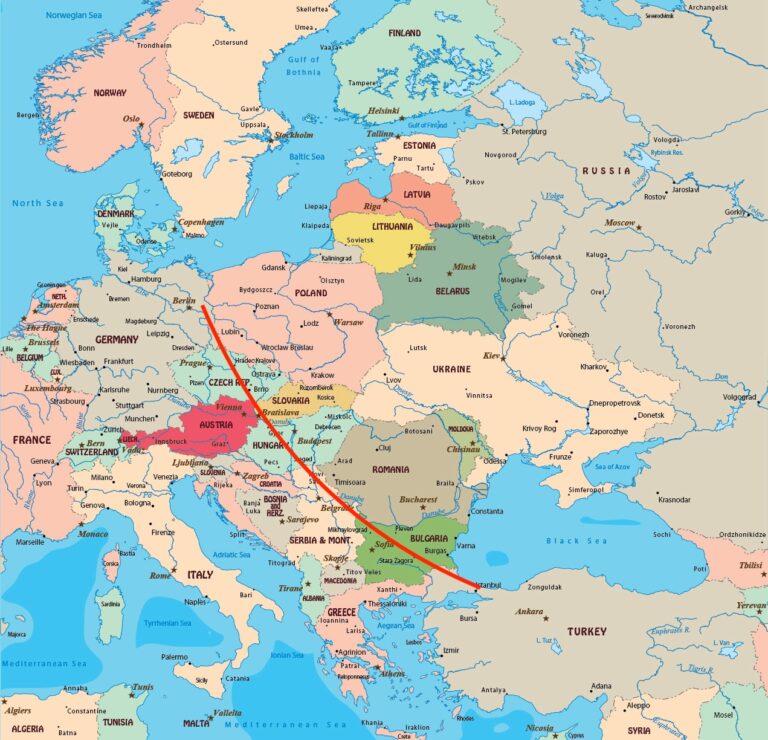by Andrea Tucci,
On November 9, Qatar suspended its role as a mediator in the talks between Israel and Hamas for a ceasefire in the Gaza Strip and the release of Israeli hostages, stating it would resume only when both parties demonstrate “their willingness” to negotiate to end the war. Alongside the United States and Egypt, Qatar has played a significant role in various rounds of talks over the past year, including the agreement for an exchange of Israeli hostages and Palestinian prisoners in late November 2023. However failures have mounted. The latest of these “collapsed” earlier this month when Hamas rejected a proposal for a short-term truce, reiterating its conditions: an end to the fighting in Gaza and the withdrawal of Israeli troops from Palestinian territory.
Qatar it seems that remains in the best position to facilitate a positive outcome to the talks because Egypt, the other mediator in contact with the Palestinian movement, has recently replaced the head of its intelligence services and the new chief does not have the same privileged relations with Hamas as his predecessor. Moreover Doha also maintains various contacts within the Gaza Strip, bypassing Hamas’s external political bureau, which helps bridge the divide between the military and political wings of the Islamist movement. Qatar is seen as the most neutral among the mediators, the small Gulf country is a strategic reference point for Washington, which in 2022 designated it as its largest non-NATO ally. It hosts the largest U.S. airbase in the Middle East and has handled many sensitive issues, including talks with Iran, Russia, and the Taliban. Hamas established its office in Doha in 2012 at the request of the Obama administration, and for over a decade, it has provided a critical communication channel between the Palestinian group and Washington. However, in recent months, criticism of Doha has grown within Israel and among some U.S. politicians, particularly Republicans, perhaps one of the reason why the negotiations have stalled.
Some media outlets even reported Qatar’s intention to close Hamas’s office, but the Qatari government denied this. In April, authorities had asked Hamas leaders to leave after voices in Israel and the U.S. implicitly accused Doha of supporting the group. while Qatar decided to review its mediation role, Hamas commanders relocated to Turkey, but weeks later, Tel Aviv and Washington summoned them back to Doha to intensify talks.
Actually Qatar realized its mediator role was becoming a threat to its political and regional position, especially with Washington. “The more Israel and the Biden administration portrayed Hamas as solely responsible for obstructing negotiations, the more Qatar became the indirect target of a diplomatic attack, compromising its relationship with the Biden administration and potentially with Trump’s upcoming one. Qatar’s relations with Trump’s first administration were quite unstable, thus, its decision to step back reflects a desire to mitigate a potential political damage.
Doha’s decision is primarily about repositioning itself with Trump and its relationship with Hamas is a vulnerability, particularly among Republicans who won the elections. If its support for the Palestinian cause were to clash with U.S. interests, Qatar might be willing to sever ties with Hamas.
Hamas is reportedly already exploring alternatives for relocation. It recently opened a political office in Baghdad,, while Iran, Algeria, Mauritania, and Turkey could also be new options but the last one appears the most plausible as it is a NATO member and a Sunni-majority state, offer to Hamas a relatively safe operational base. Ankara might welcome such a decision, hoping to bolster its role as a mediator between East and West.
Doubts arise about whether Turkey can take over Qatar’s role in mediating between Israel and Hamas, given the poor relations between Israeli Prime Minister Benjamin Netanyahu and Erdogan but is also true that Ankara may be emphasising its unique position: it can simultaneously host Hamas leaders and Israeli intelligence officials within the same week.
It should also be considered that if Hamas leaders were to leave Qatar for places like Iraq, Iran or Lebanon, it could present an opportunity for Israel to assassinate them, as it did with Saleh al-Arouri in Lebanon in June and Ismail Haniyeh in Iran in July, Istead Turkey, as it is a member of Nato, could refrain Israel from conducting military operations targeting Hamas leaders on it’s soil.
In any case today, Doha’s withdrawal is “terrible news” for Israeli hostages and their families, as they are now left without a mediator and dependent on a government and prime minister who might place all the blame on Hamas and Qatar, avoiding responsibility for their loved ones’ fate and the situation is equally dire for the two million Palestinians in Gaza, who see any hopes of a truce fading in the short term.



